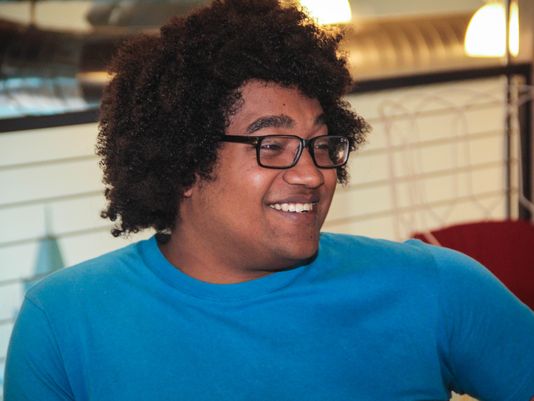America is a country shrouded in technology that uses the Internet far more than many other countries around the globe. So it may be surprising to discover that Americans actually received far slower speeds through their Internet providers despite paying much more than other countries.
Imagine if you went to the store to buy groceries and your total came out to $200 only for you to find out you could have tackled that same grocery list for $100 at another store that also provided better quality products.
That’s essentially what’s happening to Americans when it comes to the Internet.
Recent reports revealed that Internet users in Seoul, the capital city of South Korea, have some of the fastest connections at some of the lowest prices anywhere in the world.
In Seoul, Internet speeds of up to one gigabit per second only cost $30 a month, the New American Foundation’s Open Technology Institute report revealed Thursday.
While Internet users in Seoul are paying $30 a month for the Internet services, Americans in Los Angeles, Washington, D.C., and New York are getting speeds of half that while paying roughly $300 a month for it.
The report looked at nearly 25 U.S. cities total and compared them to other major cities like Hong Kong and Tokyo.
Each comparison still seemed to point to the same disappointing results – there is a serious gap in how much other countries are paying for their Internet and they are still receiving much faster speeds than Americans are.
The root of the problem, according to the report, could come down to the lack of competition in the U.S. combined with dirty politics.
Arguments have surfaced that without enough competition in the market there is no reason for Internet service providers (ISPs) to knock down their prices to match those of ISPs in other countries.
In other words, the only option many Americans have is to fork over more money every month for lower speeds.
There is an alternative for the select few, however.
Local broadband services are slashing their prices and providing speeds that are able to compete with major ISPs.
Chattanooga, Tennessee, built the country’s first citywide gigabit-per-second Internet network back in 2010 and offered the service for $70 a month.
Then there is Google’s up-and-coming Google Fiber service, which will also be priced at $70 a month, according to the report.
These new connections offer Americans speeds that are up to 100 times faster than what most people currently receive today, the Huffington Post reported.
This means buffering videos and waiting for images to load would be a thing of the past. It also means users would be able to share larger files in the blink of an eye.
The downside is the fact that Google’s service isn’t expected to expand to major cities anytime soon.
For now, it’s targeting several mid-size cities like San Antonio and Portland.
So what about other citywide gigabit services? That’s where dirty politics could potentially be slowing progress.
Nearly 20 states have already passed laws that ban publicly owned broadband networks, according to the Institute for Local Self-Reliance.
Advocates for more city-owned Internet networks claim many of the lawmakers have already received tons of financial backing from major Internet providers who are using those financial strings to limit competition.











